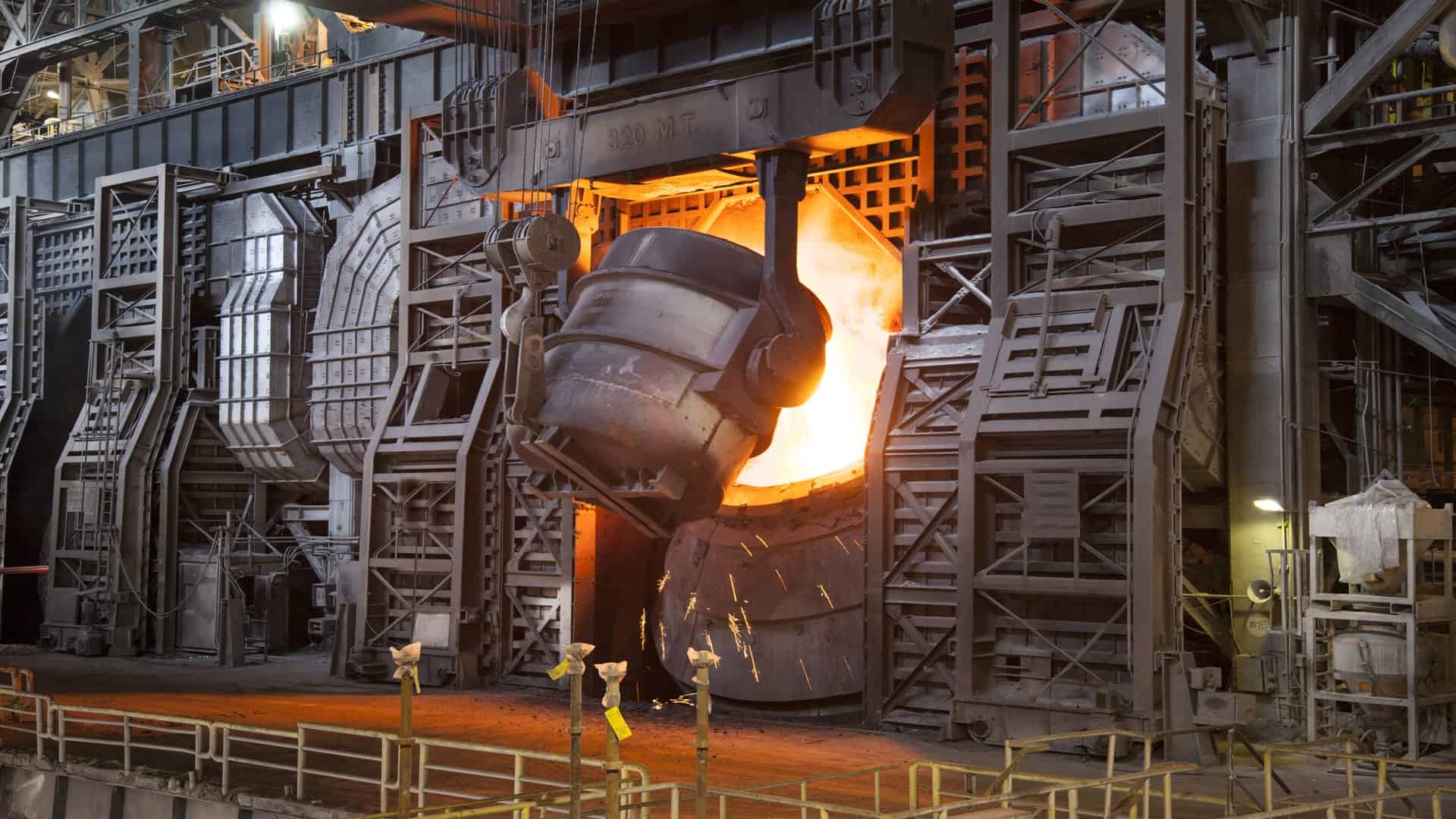
America’s steel industry is booming! At least that was the story presented by President Trump during his visit to Duluth last month.
But now some of the claims made by the president to support his rosy assessment are coming under question, most notably in the Washington Post, whose fact checkers gave Trump their “Four Pinocchios” rating for his claim that U.S. Steel is opening several new plants as a result of his tariffs on foreign imports of basic steel.
Here’s how Trump made the claim during a roundtable of steel and taconite industry representatives just ahead of his evening rally at the Amsoil Arena on June 20.
“I will tell you, I’ve had — the head of U.S. Steel called me the other day, and he said, ‘we’re opening up six major facilities and expanding facilities that have never been expanded. They haven’t been opened in many, many years,’” Trump said.
Trump made a similar claim a week later. On June 26, he said U.S. Steel had announced they are “expanding or building six new facilities.”
So has U.S. Steel made such an announcement? U.S. Steel officials won’t confirm the president’s claim and their website’s news section includes no such announcements of new facilities or expansions.
According to the Washington Post, “[U.S. Steel CEO Dave] Burritt did take part in a roundtable in March at the White House, and in May the president appeared to reference that meeting. But then, on June 20, the conversation became a phone call. On June 26, Trump suggested the news was disclosed in a public announcement.”
When the Post tried to get a clarification, the White House did not respond.
“Burritt also did not respond to an email from The Fact Checker asking him to confirm the conversation,” notes the Post.
U.S. Steel officials did announce on June 5 that they were restarting the second of two blast furnaces in Granite City, Ill., which had been idled since the steel industry downturn in 2015. The company had reopened the first of the blast furnaces back in March. Altogether, the reopening of the two furnaces put 800 laid-off workers back on the job. A company press statement indicated that anticipated growth in domestic steel demand stemming from the imposition of additional steel tariffs by the Trump administration, had been a factor in the decision.
Ethical concerns
U.S. Steel spokesperson Meghan Cox did not respond to questions posed by the Timberjay regarding any conversations between the company’s CEO David Burritt and President Trump regarding the company’s future plans.
While such a conversation isn’t illegal, it could be if Trump or any other members of his administration traded stock based on the inside information. That’s according to University of Minnesota law professor and former government ethics lawyer Richard Painter. Painter is also a candidate for the U.S Senate, who is currently seeking the DFL nomination over Sen. Tina Smith.
Inside information would be any kind of information about a publicly-traded company to which a regular member of the public would not be privy. Insider trading, which is generally considered a securities violation, could be charged if a person with inside information trades public stock based on the information.
Painter said the Trump White House is unusual because it routinely involves itself with specific companies, both positively and negatively, and that raises greater ethical concerns than with most White Houses. “Generally, the White House tries to remain out of the affairs of specific companies,” he said, since presidential actions can significantly influence stock prices of companies. Trump has publicly praised some companies for taking steps he supports, and has threatened firms that have reacted to his policies by eliminating jobs in the U.S.
Just this past week, Harley-Davidson stock dropped significantly after Trump threatened the company with high taxes if they moved jobs overseas to avoid retaliatory tariffs being threatened by the European Union in response to Trump’s tariffs on European steel and aluminum.
“This is an administration that is very much picking winners and losers,” said Painter.
While government officials receive non-public information on companies all the time, and typically know of policy changes that can affect companies ahead of time, Painter said most government officials are bound by strict conflict of interest rules that would prevent them from holding stock in companies they regulate.
Those rules don’t apply to the president or vice-president, although insider trading rules likely would still apply. “They certainly shouldn’t be trading on this kind of information,” said Painter.
At this point, there is no evidence of that, yet the Trump White House has been repeatedly faulted by government ethicists for a lack of transparency, particularly regarding the finances of President Trump. Painter said it would be difficult to know if members of the administration were trading stock in companies that they are benefitting through tariffs or bad-mouthing through presidential tweets. “We would have no way of knowing what’s going on,” he said.
Financial disclosure forms can provide some information regarding the holdings of top government officials, but those forms often contain gaps or oversights, noted Painter.
